Nuclear Security Summit 2016
Return to article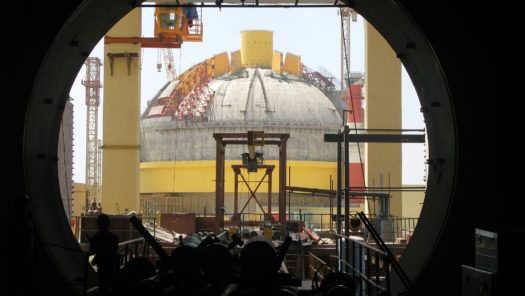
Guidelines for the Management of Plutonium: India’s Case
Since India and Pakistan became nuclear-armed powers in 1998, the contentious and escalatory dynamics between these two rivals have been a point of concern not just for South Asia, but also the rest of the world. Yet while the international…
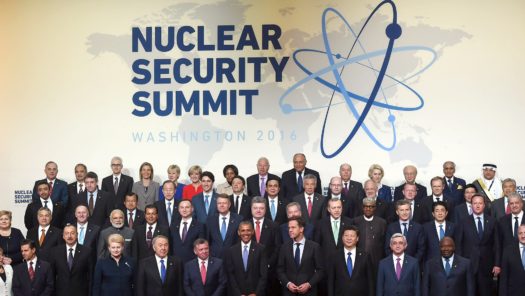
Prospects for Civilian Plutonium Management in Pakistan and South Asia
Over the past three decades, the progressive accretion of nonproliferation agreements has led to greater transparency on nuclear materials worldwide. This has enabled the introduction of various commitments and treaties to strengthen transparency measures, driven by the need for the…
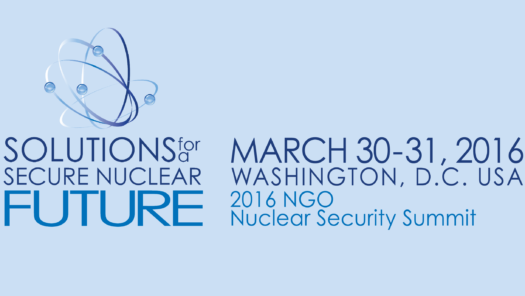
SAV in DC: NGOs the Tip of the Spear in Tackling Nuclear Terror
SAV IN DC relates analysis by SAV contributors to Washington DC-based discussions of South Asian strategic affairs. *Video to be uploaded soon Last week in Washington, 53 heads of state came together for the fourth Nuclear Security Summit (NSS). The agenda? Nuclear terrorism.…
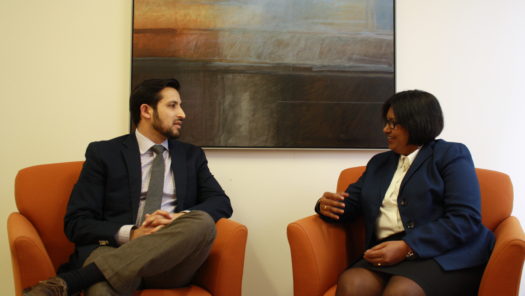
The Subcontinental Podcast- Episode 2 – Dr. Rajeswari Rajagopalan
This episode of The Subcontinental features guest Dr. Rajeswari Rajagopalan, a Senior Fellow and Head of the Nuclear and Space Policy Initiative at Observer Research Foundation, New Delhi. She previously acted as Assistant Director of the National Security Council Secretariat in…
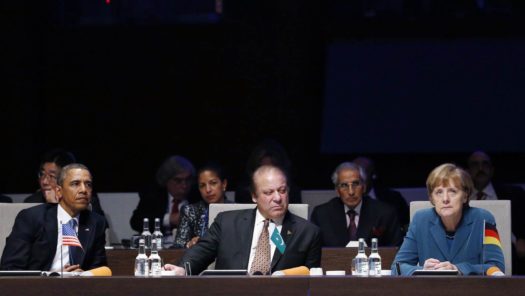
Pakistan and the Nuclear Security Summit
President Barack Obama announced the Nuclear Security Summit (NSS) framework in 2009 to strengthen his political legacy in the wake of increased global trends in terrorism. Through this platform, Obama pioneered the tradition of sustained, voluntary nuclear security commitment by…
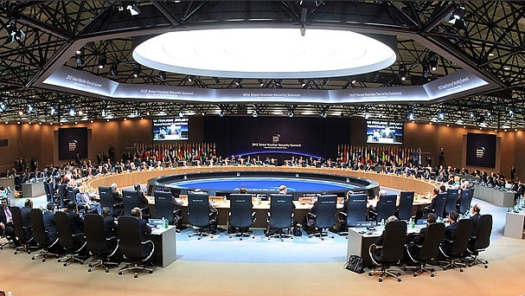
Experts Ki Rai: Dr. Rajeswari Rajagopalan on NSS 2016
I am happy to see analysis on such important subjects as nuclear security, and it is clear that South Asian Voices has emerged as a major platform featuring voices from the region. The four analyses bring out some pertinent issues concerning…